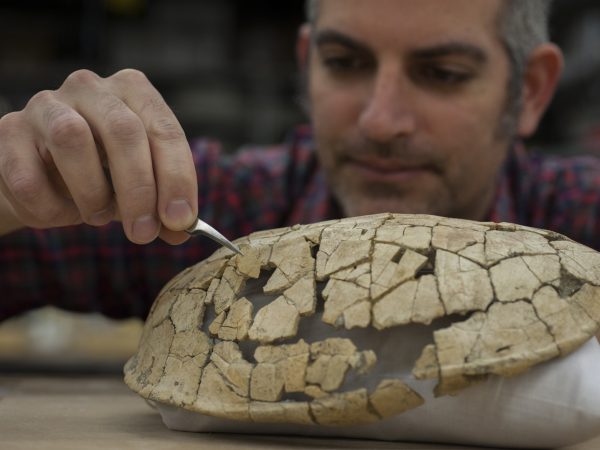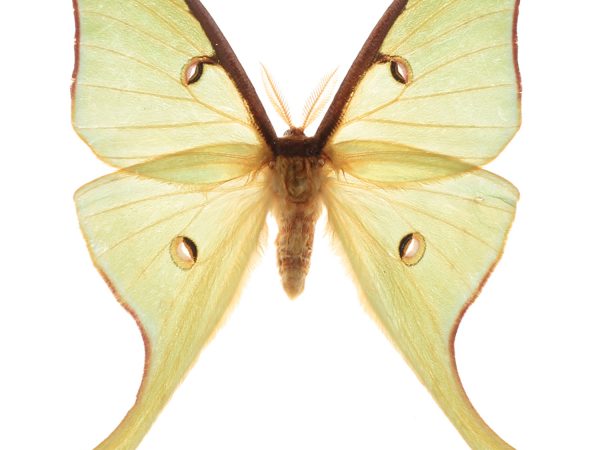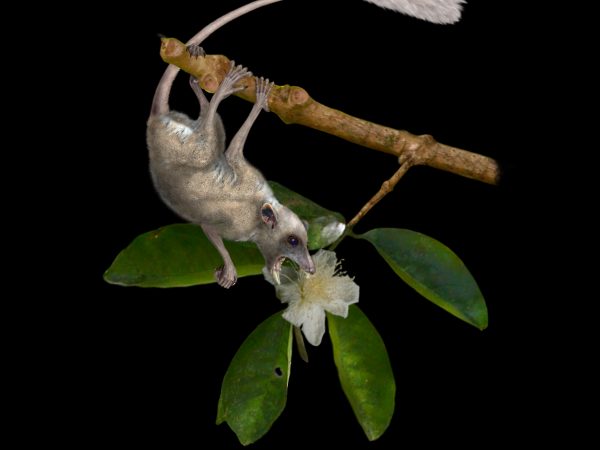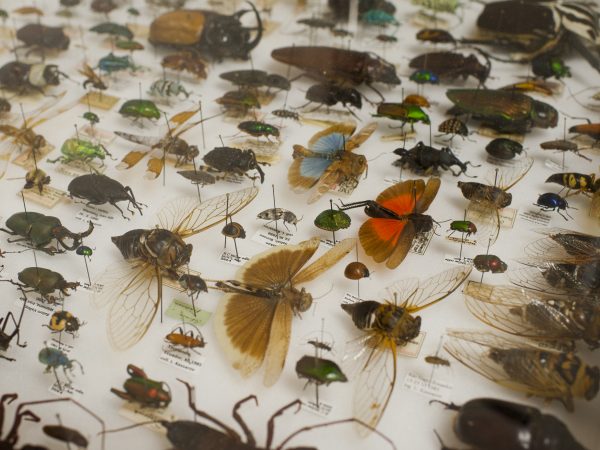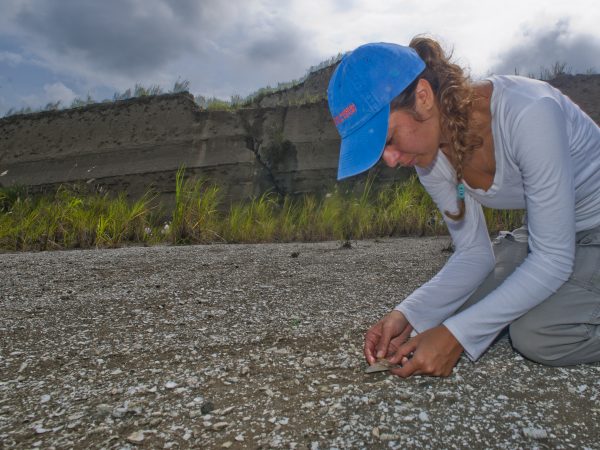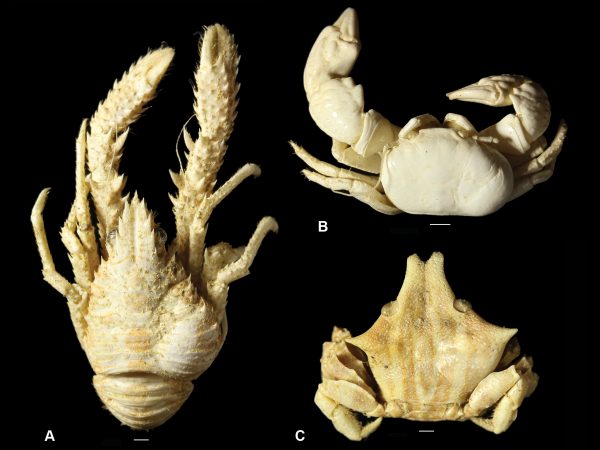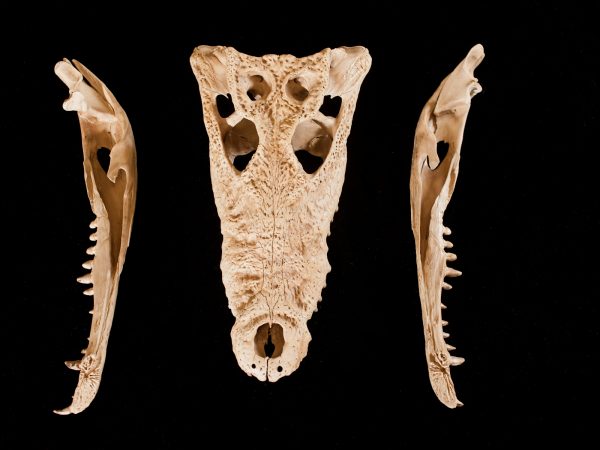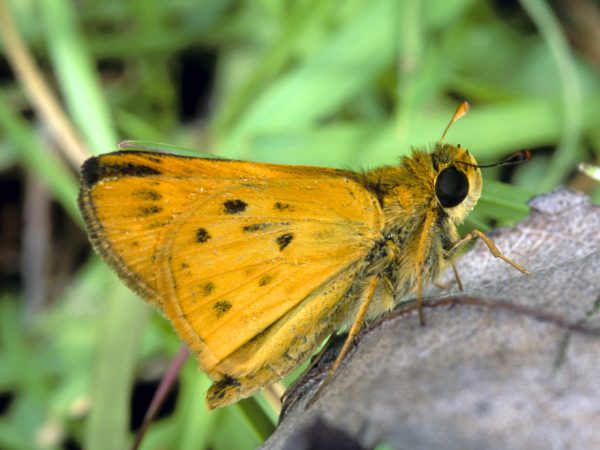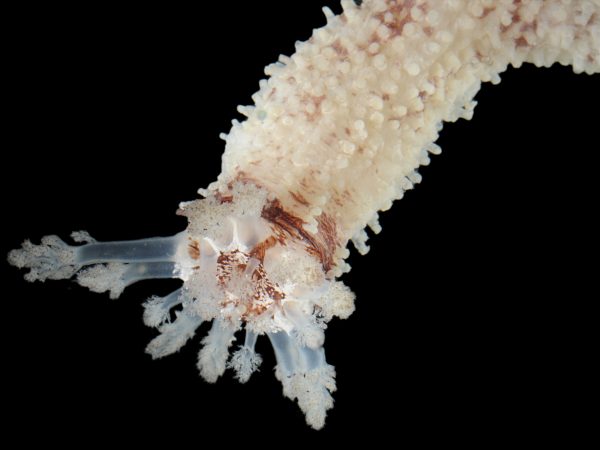Tropical turtle discovery in Wyoming provides climate-change clues
Tropical turtle fossils discovered in Wyoming by University of Florida scientists reveal that when the earth got warmer, prehistoric turtles…
Read More
Luna moths evolved long spinning tails to defend against bats
In the cover of night, an unseen war between bats and moths has been raging for 60 million years—and a…
Read More
New UF study reveals oldest primate lived in trees
Say “primate” and most people wouldn’t think of a tree-dwelling, squirrel-like creature that weighs no more than a deck of…
Read More
Island isolation, warming climate shape Mediterranean Basin evolution
From the jungles of Southeast Asia to the Greek Islands, Florida Museum of Natural History botanist Nico Cellinese has searched…
Read More
Global ‘tree of life’ study shows insects ruled Earth 400 million years ago
A new study involving more than 100 researchers from 10 countries, including the Florida Museum of Natural History, has reconstructed…
Read More
Megalodon shark became extinct 2.6 million years ago
A new University of Florida study dismisses claims that megalodon is still alive by determining a date of extinction for…
Read More
180 million years of parasitic infestation in crustaceans
When Darwin suggested the “survival of the fittest” concept, he did not necessarily mean “survival of the biggest.” The large…
Read More
Answer to restoring lost island biodiversity found in fossils
Many native species have vanished from tropical islands because of human impact, but University of Florida scientists have discovered how…
Read More
DNA tells story of butterfly evolution
The wispy, delicate nature of butterflies and moths is part of their charm, but their soft bodies do not preserve…
Read More
Rewriting the evolutionary history of sea cucumbers
Scientists at the Florida Museum of Natural History have discovered that a group of tiny sea cucumbers has enormous taxonomic…
Read More
